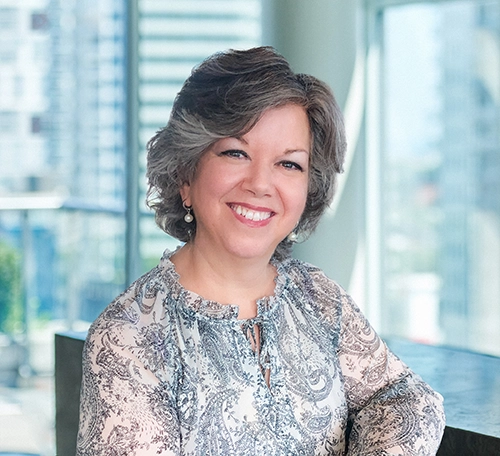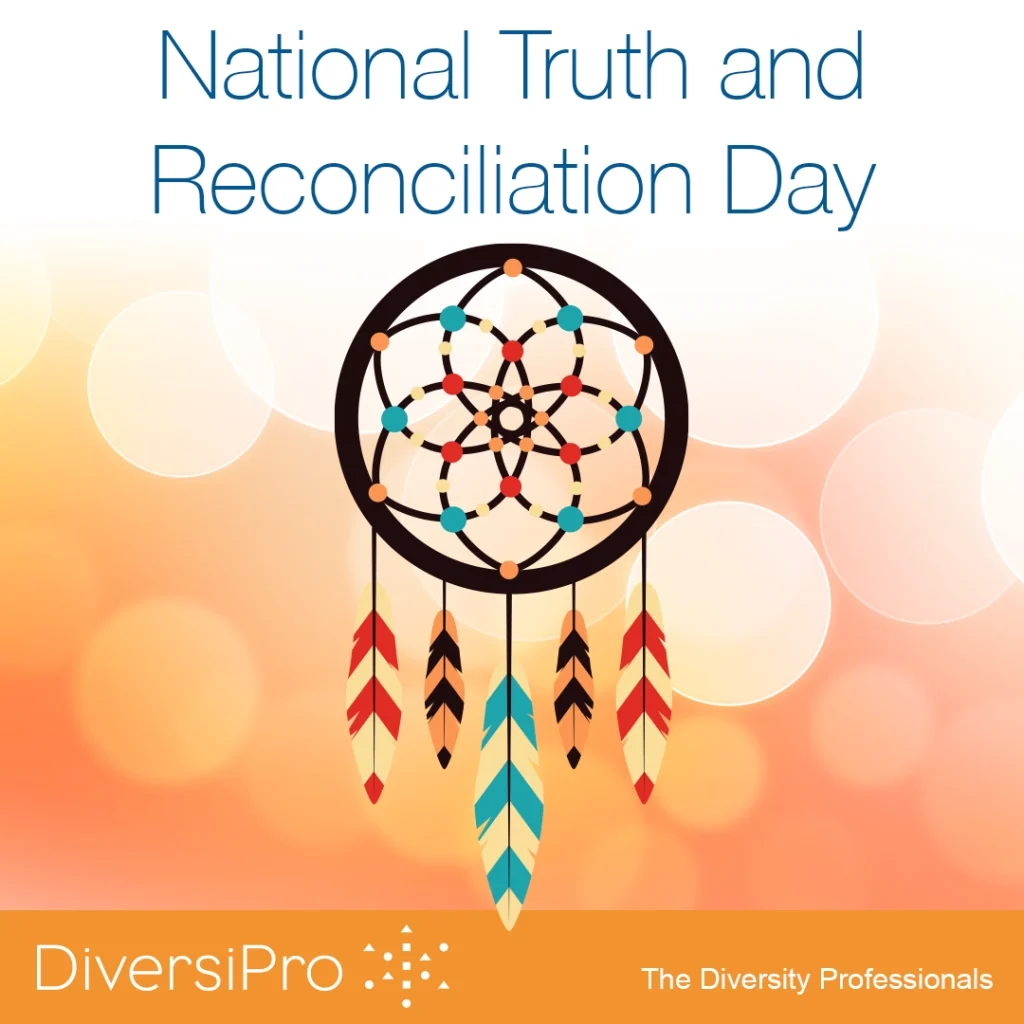The Reality of IDEA Must Include Accessibility

Nominated for the fourth consecutive year as Canadian Lawyer Magazine’s Top 25 Most Influential in the Human Rights category, Lorin MacDonald is one of Canada’s leading voices on disability issues. Over the last 30 years, Lorin has demonstrated her leadership, passion, and commitment to accessibility and inclusion in various volunteer and professional activities, all informed by her lived experience as a woman born with profound hearing loss.
Orange Shirt Day & National Truth and Reconciliation Day

We call upon the federal government, in collaboration with Aboriginal peoples, to establish, as a statutory holiday, a National Day for Truth and Reconciliation to honour Survivors, their families, and communities, and ensure that public commemoration of the history and legacy of residential schools remains a vital component.” September 30th is the answer to this […]
